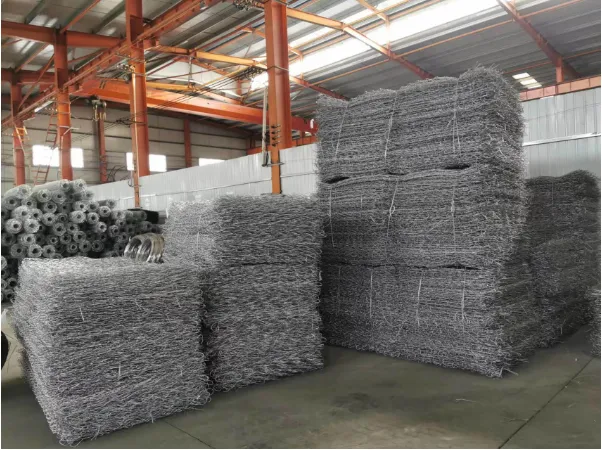The Essential Guide to Steel Driveway Grates
When it comes to enhancing the functionality and aesthetics of your driveway, one often overlooked element is the driveway grate. Among various materials available, steel driveway grates stand out for their durability, strength, and versatility. This article explores the benefits, installation considerations, and maintenance of steel driveway grates, providing insights for homeowners and builders alike.
Why Choose Steel Driveway Grates?
Steel driveway grates offer several advantages over other materials. Firstly, they are exceptionally durable. Steel can withstand heavy vehicle loads and harsh weather conditions without warping or cracking, making it an ideal choice for residential and commercial driveways. Unlike plastic or fiberglass alternatives, which might degrade over time, steel grates maintain their integrity, ensuring long-term performance.
In addition to durability, steel grates provide superior drainage capabilities. They are designed to facilitate the efficient flow of water away from the driveway, reducing the risk of flooding and water pooling. This is especially important in areas prone to heavy rainfall, as standing water can damage both the driveway surface and the surrounding landscape.
Aesthetic Appeal
Beyond functionality, steel driveway grates can also enhance the aesthetic appeal of your property. They are available in various styles and finishes, allowing homeowners to choose a design that complements their home’s architecture. Whether you prefer a sleek, modern look or a more traditional style, there’s a steel grate that will fit your vision.
Installation Considerations
steel driveway grates

Installing steel driveway grates requires careful planning and execution. First, it’s essential to determine the appropriate size and layout of the grates. This will depend on the drainage needs of your driveway, as well as local building codes. Consulting with a professional installer can help ensure that your grates are positioned effectively to optimize drainage.
The installation process typically involves excavation of the gravel or concrete surface to create space for the grates. Once the area is prepared, the steel grates are placed and secured according to the manufacturer's specifications. It’s vital to check that they are level and properly aligned to prevent water from pooling around the edges.
Maintenance Tips
While steel driveway grates are low maintenance compared to other materials, they still require some attention to ensure longevity. Regularly inspect the grates for debris, such as leaves, dirt, and other materials that can obstruct drainage. Cleaning them occasionally with a power washer or hose can help maintain their appearance and functionality.
Additionally, it’s important to keep an eye on any rust or corrosion, particularly in areas with high moisture. Applying a protective coating or sealant can help prevent rust, ensuring that your grates look great and perform well for years to come.
Conclusion
In summary, steel driveway grates are an excellent investment for anyone looking to enhance their property’s functionality and appearance. With their durability, drainage efficiency, and aesthetic options, they offer a robust solution for managing water runoff while adding value to your home. Proper installation and maintenance will ensure that your steel grates serve you well over time, making them a smart choice for any homeowner or builder.
Whether you’re considering a new driveway installation or looking to upgrade your current setup, steel driveway grates are worth considering for their blend of practicality and style. Don’t overlook this vital element of your driveway – the right grate can make all the difference in protecting your property and enhancing its curb appeal.
-
Turn Down the Noise: The Future of Highway Sound Barriers
NewsApr.09,2025
-
Silence the Sound: The Power of Highway Noise Barriers
NewsApr.09,2025
-
Reduce Road Noise Effectively with Highway Noise Barriers
NewsApr.09,2025
-
Noise-Free Living: How Highway Barriers Make a Difference
NewsApr.09,2025
-
Engineered for Silence: Highway Noise Barriers for Every Road
NewsApr.09,2025
-
Effective Noise Control: Highway Barriers for a Quieter Tomorrow
NewsApr.09,2025
Subscribe now!
Stay up to date with the latest on Fry Steeland industry news.

